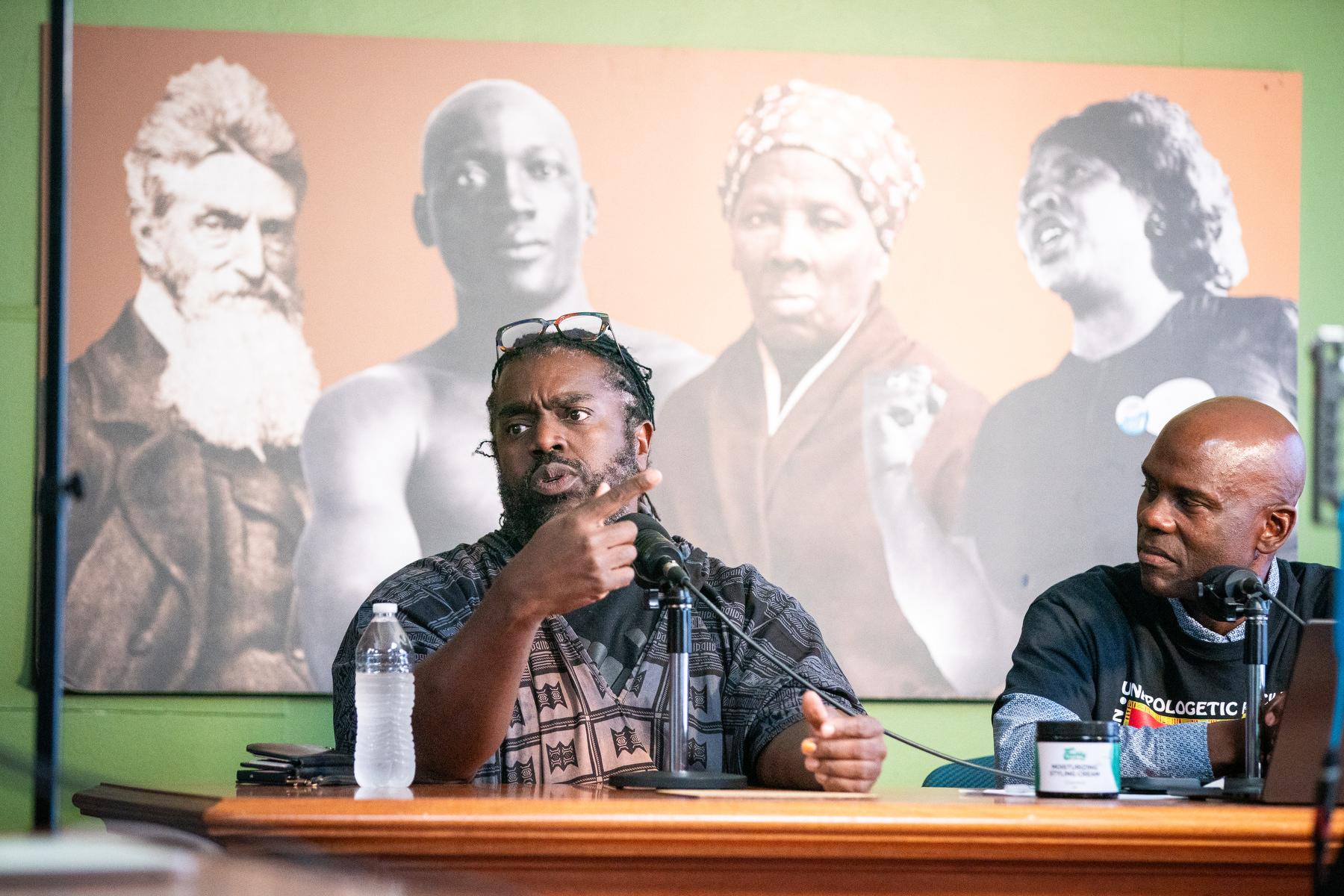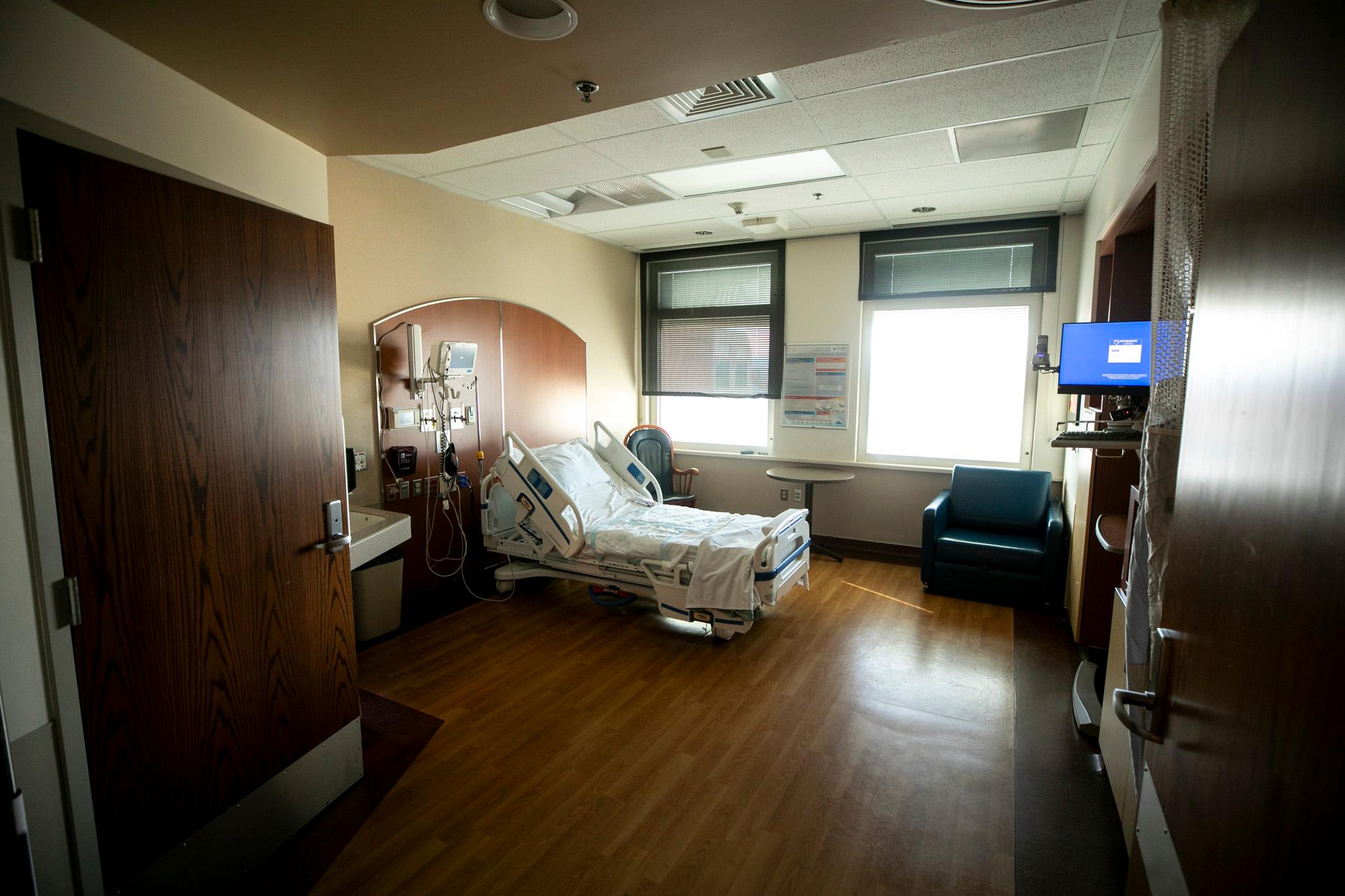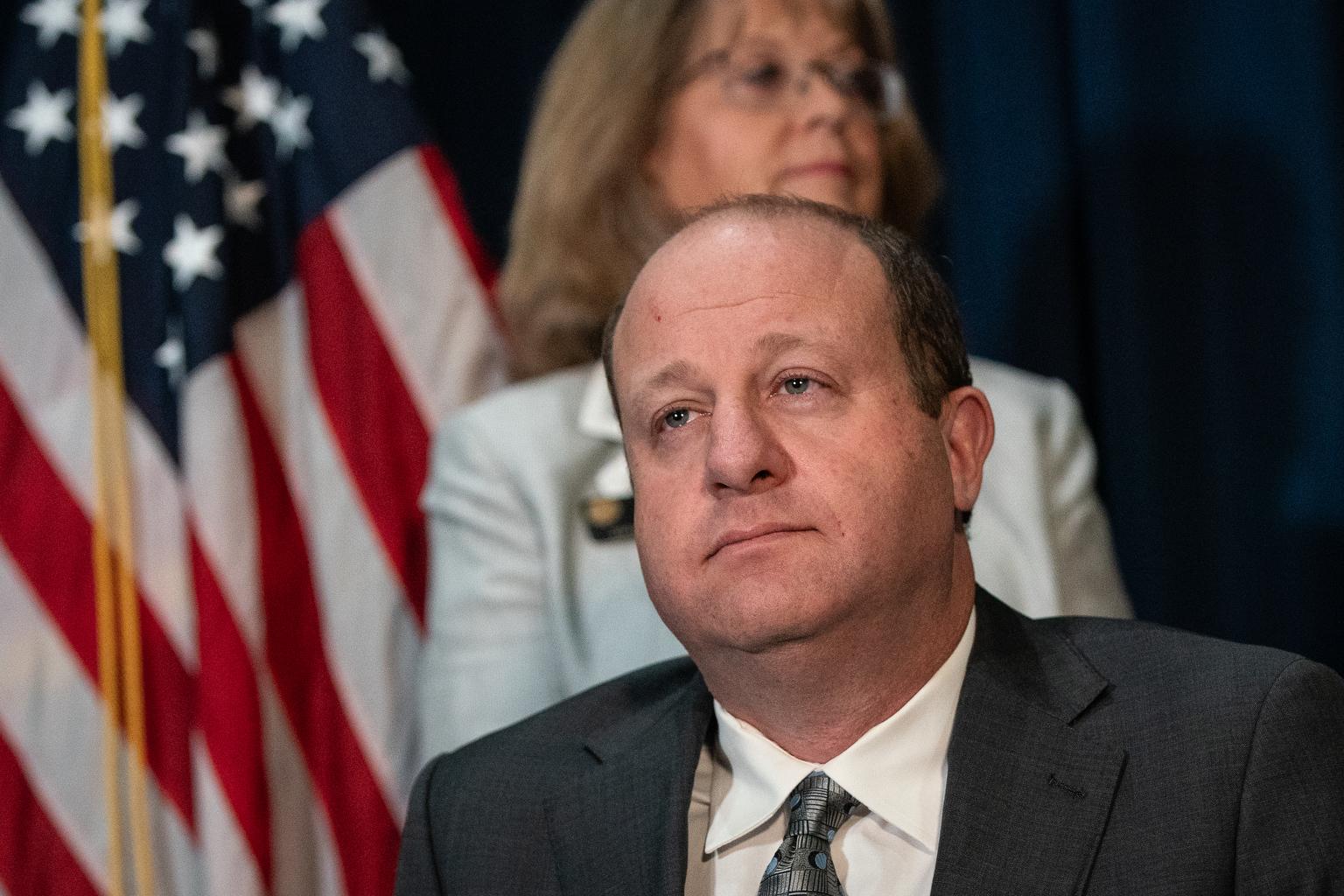A federal judge in Montgomery is again hearing arguments over efforts to stop a wave on inmate suicides in Alabama's overcrowded and understaffed prison system
U.S District Judge Myron Thompson is hearing testimony on whether the state has adequately responded to 15 suicide deaths in the past 15 months.
The state's liability for those suicides and others has been the subject of a protracted legal battle dating back to June 2014. A lawsuit challenging the conditions and treatment of mentally ill inmates was initially filed against Alabama prison authorities by the Southern Poverty Law Center and the Alabama Disabilities Advocacy Program. It has since been amended.
Attorneys for Alabama said prison officials have a plan for reducing inmate suicides. Inmates' lawyers argued that the steady pace of suicides indicates that the state's proposed reforms need monitoring.
The trial is expected to last several days, according to the Associated Press.
"Prisoners with serious mental illnesses were routinely housed in solitary confinement and provided with little to no mental health care," according to a case summary on the SPLC's website. "The Alabama Department of Corrections has the highest suicide rate in the nation, with most such deaths occurring in solitary confinement and solitary-like units. In ADOC prisons, there have been over 200 suicide attempts requiring hospitalization between the filing of the case and January 2019, and there have been 31 completed suicides."
In June 2017, Judge Thompson ruled that Alabama's prison system had violated inmates' constitutional protections against cruel and unusual punishment.
In a 302-page ruling, Thompson found that persistent staff shortages and chronic inmate overcrowding permeated the system. Among other systemic deficiencies, the judge found that the Alabama Department of Corrections:
- Failed to identify prisoners with serious mental health needs and properly classify their needs;
- Failed to set up individualized treatment plans;
- Failed to provide qualified and properly supervised mental-health staff;
- Failed to identify and treat inmates at risk of suicide;
- Placed seriously mentally ill inmates in seclusion without considering the impact of those circumstances.
"Simply put, ADOC's mental-health care is horrendously inadequate," Thompson concluded.
In an editorial, ADOC Commissioner Jefferson Dunn said overcrowding and understaffing are a "two-headed monster" that hinders reform. He also said Alabama will borrow $800 million to build four new prison facilities.
9(MDEyMDcxNjYwMDEzNzc2MTQzNDNiY2I3ZA004))








